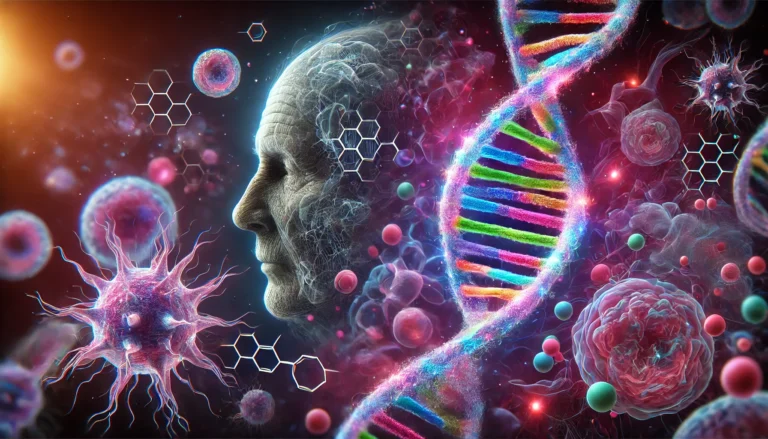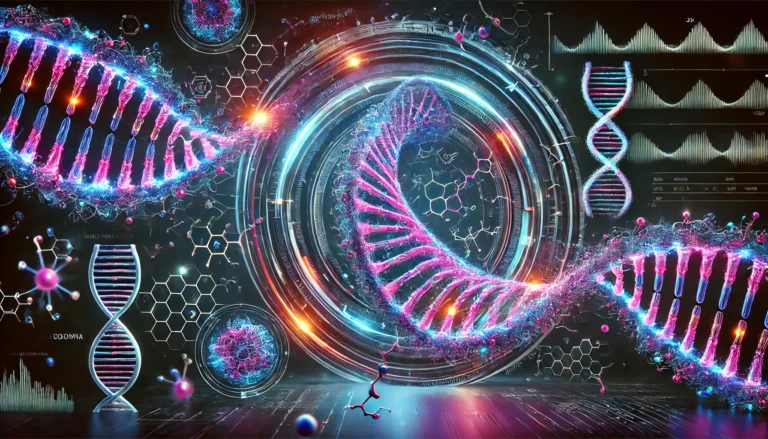The role of supplements for youthful aging has garnered great attention in the health and wellness space. With many options on the market, it’s crucial to discern which ones offer real benefits in the fight against aging. This article examines the effectiveness of various supplements, highlighting their scientific basis and their potential to influence epigenetic modulation and biological aging.
Omega-3 Fatty Acids: Essentials for Youthful Aging
Omega-3 fatty acids, especially EPA and DHA found in fish oil, are known for their anti-inflammatory properties and cardiovascular benefits. These essential nutrients are crucial for maintaining the integrity of cell membranes and are key pillars among supplements for youthful aging.
Impact on Aging: Research shows that omega-3s can help preserve telomere length and reduce oxidative stress, both important factors in the aging process.
Polyphenols: Boosters of Epigenetic Youth
Polyphenols, found in foods like berries, green tea, and dark chocolate, are potent antioxidants and epigenetic modulators. These compounds improve cellular health and longevity, making them essential components of supplements for youthful aging.
Probiotics: Allies of the Microbiome for Healthy Aging
The balance of the gut microbiome is crucial for overall health and has an impact on aging. Probiotics promote a healthy intestinal flora. They improve immune function and reduce systemic inflammation, which contributes to youthful aging.
Vitamin D and Coenzyme Q10: Key Nutrients for Vitality
Vitamin D is essential for bone health, immune system function, and calcium regulation. Coenzyme Q10 is crucial for energy production in the mitochondria. Both nutrients help mitigate the effects of aging and are considered key supplements for youthful aging.
NAD+ Precursors: Advances in Cellular Regeneration
NAD+ is essential for energy metabolism and DNA repair. As we age, NAD+ levels decrease, but precursors like NR (Nicotinamide Riboside) and NMN (Nicotinamide Mononucleotide) can restore these levels, offering an innovative approach in supplements for youthful aging.
Important Considerations
Before integrating new supplements into your routine, it’s important to consider your health status. Pre-existing conditions and drug interactions should be taken into account. Consulting with a healthcare professional is essential before starting any new supplement.
Conclusion
The science behind supplements for youthful aging offers promising hope for those looking to mitigate the effects of time on their bodies. From omega-3 fatty acids to NAD+ precursors, each supplement provides a unique approach to combating aging, allowing people to tackle this process with an integrated and science-backed strategy.”


